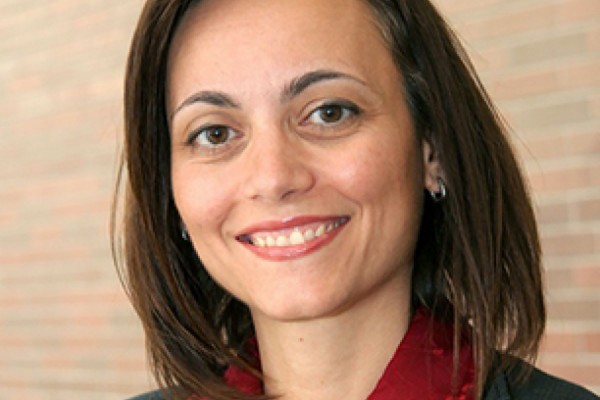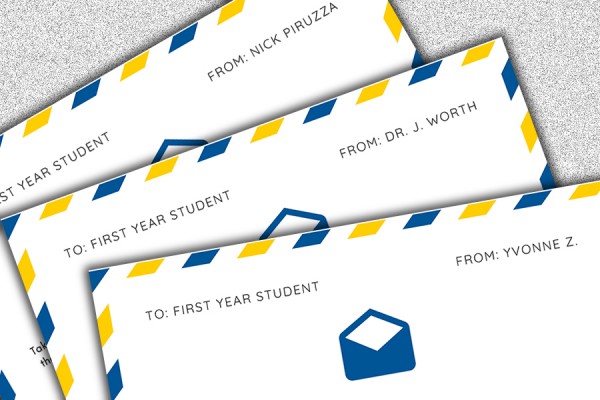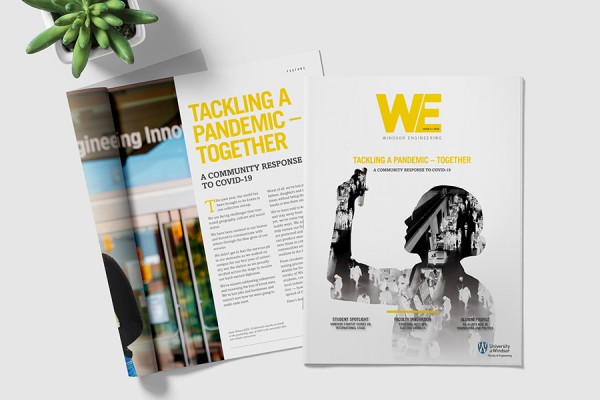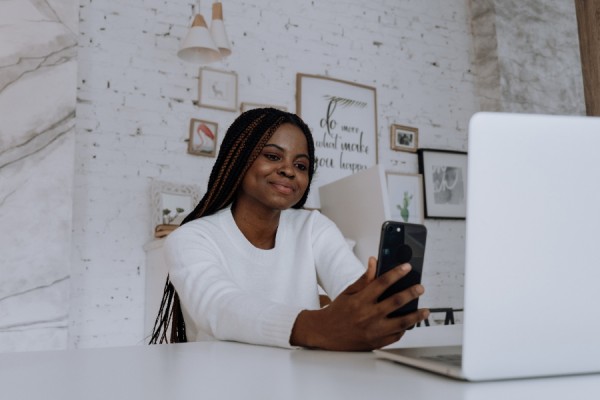 Michael Chekhov looks on as Ludmila Chirikov and Lucy Singer fit Beatrice Straight for a costume in this photo by Nonny Gardner Cangelosi, used by permission.
Michael Chekhov looks on as Ludmila Chirikov and Lucy Singer fit Beatrice Straight for a costume in this photo by Nonny Gardner Cangelosi, used by permission.
International scholars, researchers, and performers will soon be able to access the works and methods of Michael Chekhov through a new digital archive available through the Leddy Library.
Chekhov is famous in the theatre community for his psychophysical style of performance that favours the actor’s imagination and takes the primacy away from the director to the focus on the actor. The Actor is the Theatre is a collection of manuscript notes by Deirdre Hurst du Prey's documenting the work of the Chekhov Theatre Studio from 1936 to 1942.
In early 2003, du Prey donated one of four carbon copies of the 3,600-page manuscript to the University of Windsor's Archives and Special Collections at the Leddy Library.
Over the course of a decade, the documents were digitized by the Leddy Library under the guidance of drama professor Lionel Walsh and retired archivist Brian Owens. The online exhibition was developed by the library’s Centre for Digital Scholarship.
“Previously, Chekhov scholars who wanted to view this material would require an archive visit, which for many meant international travel,” said special collections librarian Peter Zimmerman. “With the launch of this exhibition, the archive will now be available to anyone, anywhere, any time.”
In addition to the manuscript, the Michael Chekhov Estate, the Michael Chekhov Association, and the family of Nonny Gardner Cangelosi have contributed several archival photographs to visually enhance the collection.
“The completion of this project will allow scholars and practitioners from around the world to access Chekhov’s original notes to help them inform their teaching, directing, and scholarly publications,” said Prof. Walsh. “Having these available digitally ensures that Chekhov’s legacy will be preserved not just to a select few scholars, but to theatre artists and teachers, who can employ his lessons in their practice.”
The techniques developed by Chekhov make up a significant portion of the actor-training in first and second year of the Bachelor of Fine Arts in Acting program at the University.
“The digitization will not only benefit our students, but students around the world seeking to research the unpublished material from his teaching,” said Walsh.
The University of Windsor, in conjunction with the Michael Chekhov Association, will launch the freely accessible, digital archive Saturday, Dec. 12 with a virtual celebration from 2 to 3:30 p.m. Eastern Time.
The event is free and will include the premiere of five short films produced through the international initiative, The Chekhov Community Performs the Archive Project, as well as an introduction to the collection, a demonstration of how to navigate the archive, and a celebratory social half-hour.
All are welcome to join; registration is available online: https://zoom.us/meeting/register/tJMtdemqpz8pE9LB3jmt4TLuFeHnzr4Up9e2.
—Marcie Demmans





